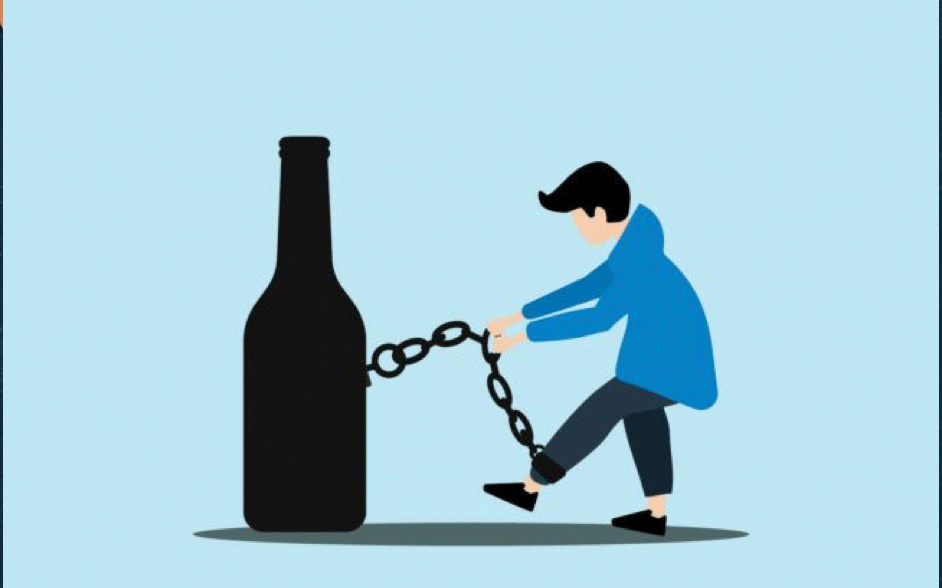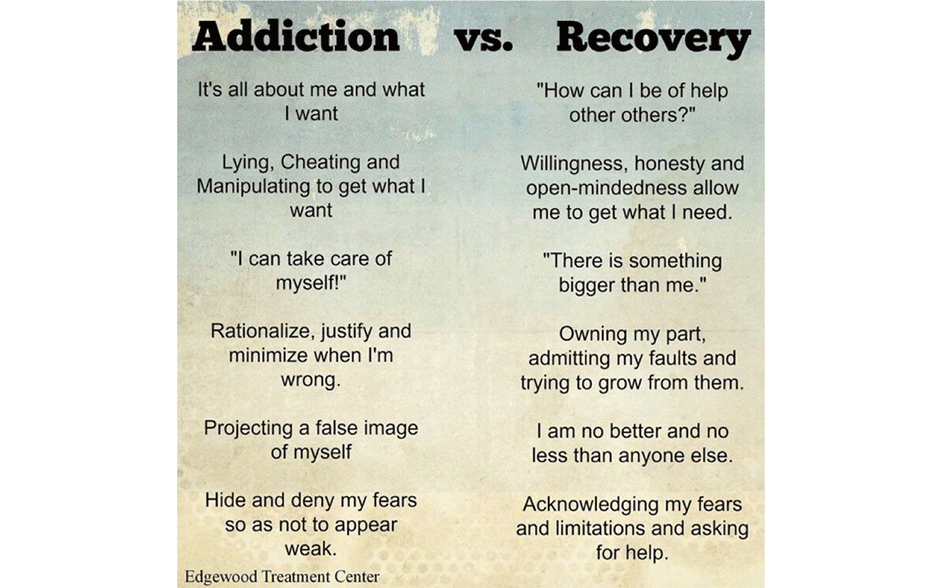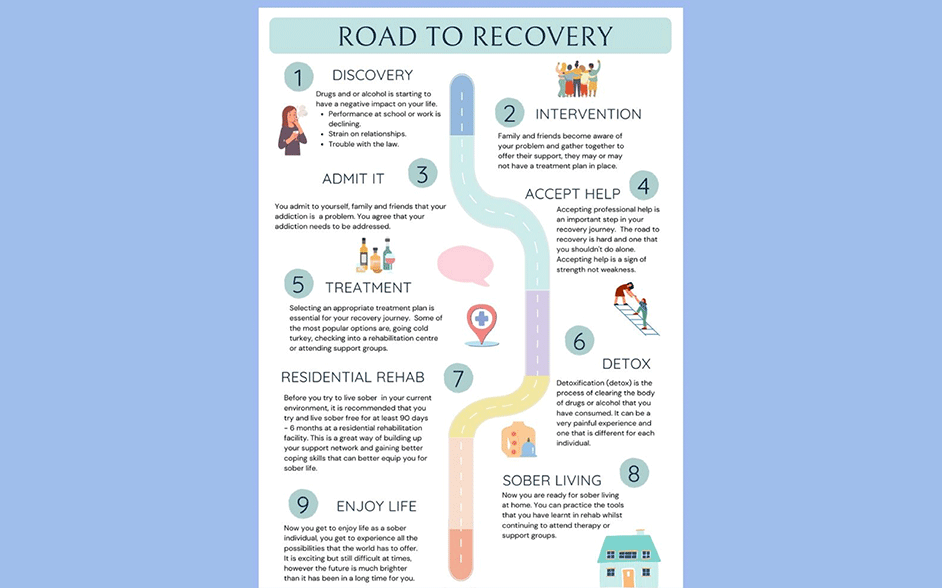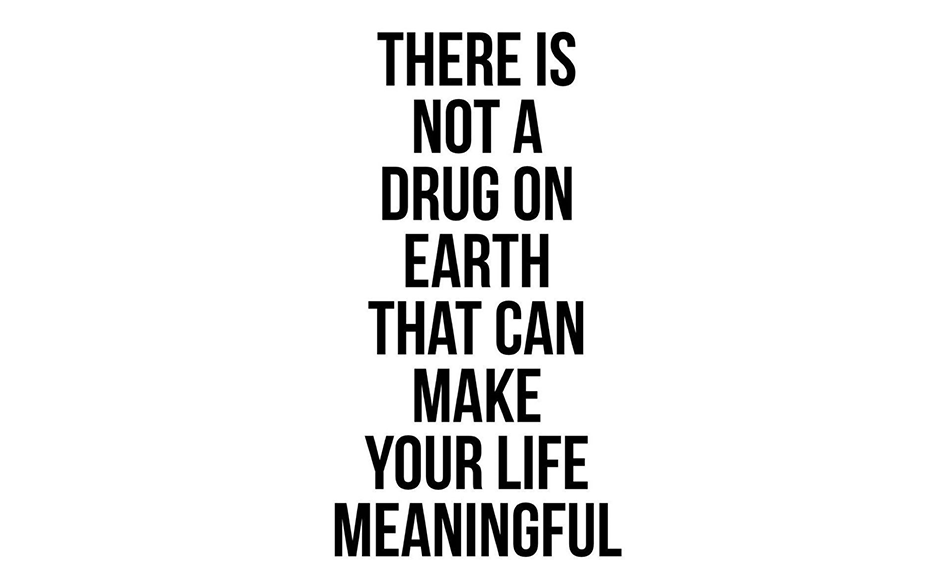- Mumbai, New Delhi, Bangalore
- (+91) 81518 30000
- WhatsApp Now
- contact@vedawellnessworld.com
Addiction is a persistent and often recurring illness defined by compulsive substance use or behaviors despite harmful consequences. It disrupts brain chemistry, leading to intense cravings, diminished self-control, and a relentless pursuit of the addictive substance or activity. While overcoming physical dependence is a crucial aspect of recovery, addressing the psychological, emotional, and social dimensions is equally important. A robust support network is indispensable in this journey, offering the empathy, accountability, and motivation needed to tackle challenges and sustain long-term recovery. Building such a network requires more than simply gathering contacts; it demands creating a dynamic system that actively supports and enhances your healing process.
This guide delves into innovative and practical strategies for constructing a support network tailored to your specific needs and goals, ensuring that your recovery journey is both effective and transformative. As a Psychologist, we often give homework or short tasks to our clients which gives credibility and also some introspection for the week, so in this blog, I have given short tasks for you which aligns with your goals.

Before you start building your support system, visualize what you need. This involves:
Action Step: Make a “vision map” for your rehabilitation as an action step. Describe the ideal support network and point out any weaknesses in your present setup.

Your support system shouldn’t be one-dimensional. You can try different things and options ton understand what works best for you. Explore diverse channels to enrich your network:
Action Step: List at least three non-traditional support channels and research how you can integrate them into your recovery plan.
A support system should be dynamic and interactive. Foster relationships that encourage active engagement:
Action Step: Develop a “Support Engagement Plan” detailing how often and in what ways you’ll interact with your network.

Experiences that are shared can have tremendous power. Establish ties with people who have gone through similar things to promote resilience and empathy:
Action Step: Attend at least one story-sharing event or recovery workshop this month and actively engage with others.
Experiences that are shared can have a huge impact. To develop empathy and resilience, make connections with people who have gone through similar things:
Action Step: This month, participate in social interactions by attending a minimum of one story-sharing event or recovery workshop.
Although digital assistance is beneficial, it should be balanced with in-person contacts. Make sure that the relationships you have online enhance in person relationships rather than take their place:
Action Step: To ensure a balanced approach, make a timetable designating certain times for both online and offline support activities.
Your needs for support may alter as your rehabilitation advances. Be ready for your support system to change:
Action Step : Schedule a quarterly review to evaluate the performance of your support system and make any necessary improvements.

In the end, having a solid support network should enable you to stand up for yourself. Create self-supporting techniques to enhance outside assistance:
Step of Action: To keep your independence and general well-being, make a plan for daily, weekly, and monthly self-care.
A robust support system is essential for overcoming the challenges posed by addiction during the recovery process. It’s more than just a contact list; it’s an essential tool that supports you along the way and provides accountability, resilience, and words of wisdom. Well-rounded support systems address the psychological, emotional, and social aspects of addiction and can significantly speed up the healing process.
As you expand your network, keep an open mind, be willing to try new things, and keep an eye out for the resources that will work best for you. Accept a variety of support sources, participate fully, and maintain a balance between online and offline relationships. Your network of support is an invaluable ally, offering the courage and unity required to overcome obstacles and maintain long-term healing.
With a robust support system, you can approach recovery with renewed confidence and hope, knowing you are not alone in this journey.
Psychologists at Veda will make you understand about the process and also psychologists have various different techniques which will help you in the journey of your recovery.
Please download our app, Let’s Get Happi’ available on IOS and also on Android.
You can visit our following websites and contact; Veda Rehabilitation and Wellness Centre. You can write us on contact@nihar-laljani or 8151830000